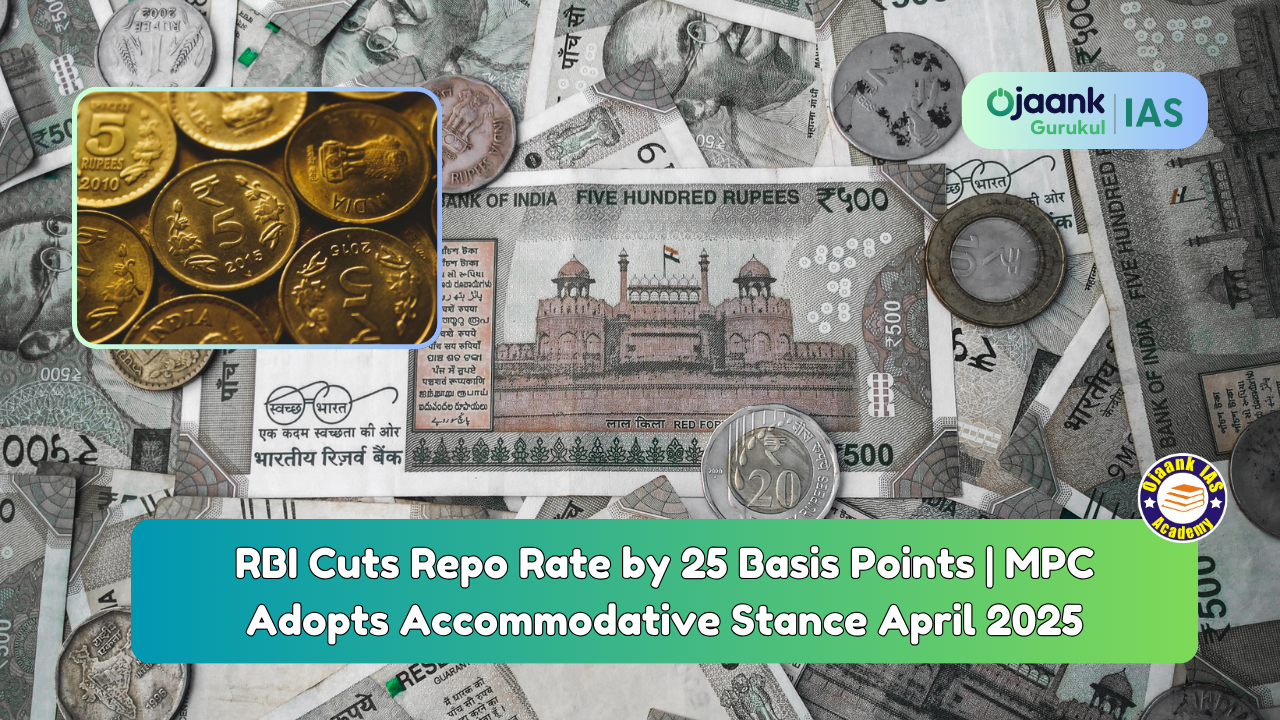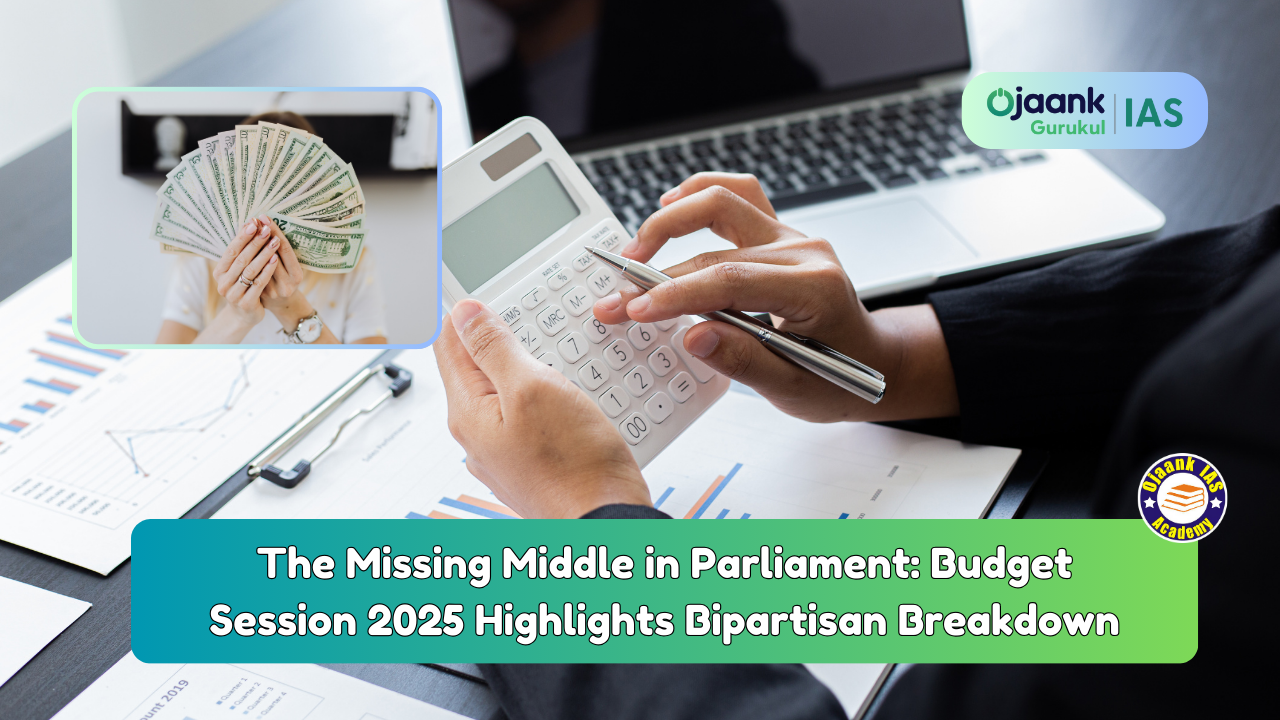Understanding the Angel Tax and Its Impact on Start-ups
The article discusses the concept of the "Angel Tax" in India and its implications for start-up companies. The key points and takeaways from the article are as follows:
1. Angel Tax Explained:
The article explains what the Angel Tax is, which is a tax imposed by the Indian government on start-ups that receive funding from angel investors at a valuation higher than their fair market value.
2. Reasons for Imposing Angel Tax:
It outlines the government's rationale for imposing this tax, primarily to prevent money laundering and the misuse of the tax incentive meant for start-ups. The tax was seen as a way to curb black money inflow into start-ups.
3. Challenges Faced by Start-ups:
The article highlights the challenges faced by start-ups due to the Angel Tax, including the complexities of valuation, compliance issues, and lengthy legal procedures. These challenges often hindered the growth and expansion of start-up companies.
4. Government Reforms:
The article mentions that the Central Board of Direct Taxes (CBDT) made some reforms in 2019 to address the concerns of start-ups and angel investors. These reforms aimed to simplify the process of assessing the fair market value of start-ups and provided relief to eligible start-ups.
5. Positive Impact:
The article also discusses the positive impact of the reforms, such as reducing the tax burden on start-ups and promoting a more favorable environment for angel investments. This has encouraged more start-ups to seek funding and grow their businesses.
6. Remaining Challenges:
Despite the reforms, the article acknowledges that there are still some challenges and ambiguities in the implementation of the Angel Tax provisions, which need further clarification to ensure a hassle-free experience for start-ups.
In summary, the article provides an overview of the Angel Tax in India, its historical context, the challenges it posed to start-ups, and the government's efforts to address these issues through reforms. It emphasizes the need for continued reform and clarity in the taxation system to support the growth of the start-up ecosystem in India.
Copyright 2022 power by Ojaank Ias




